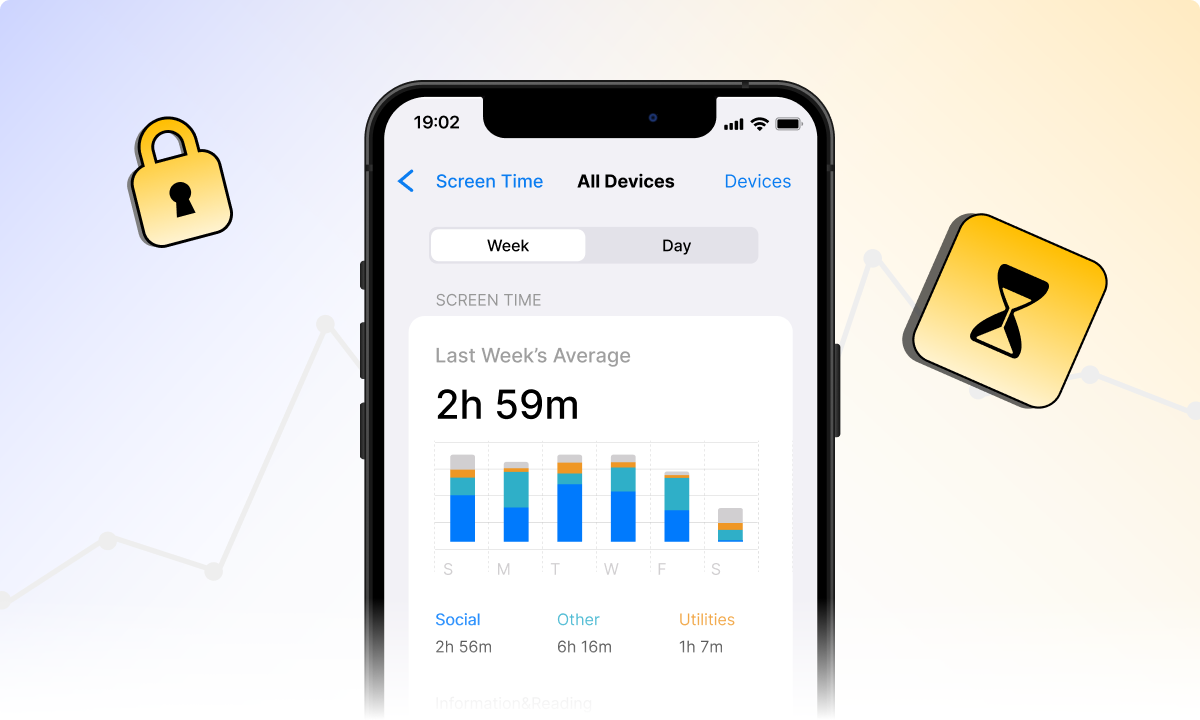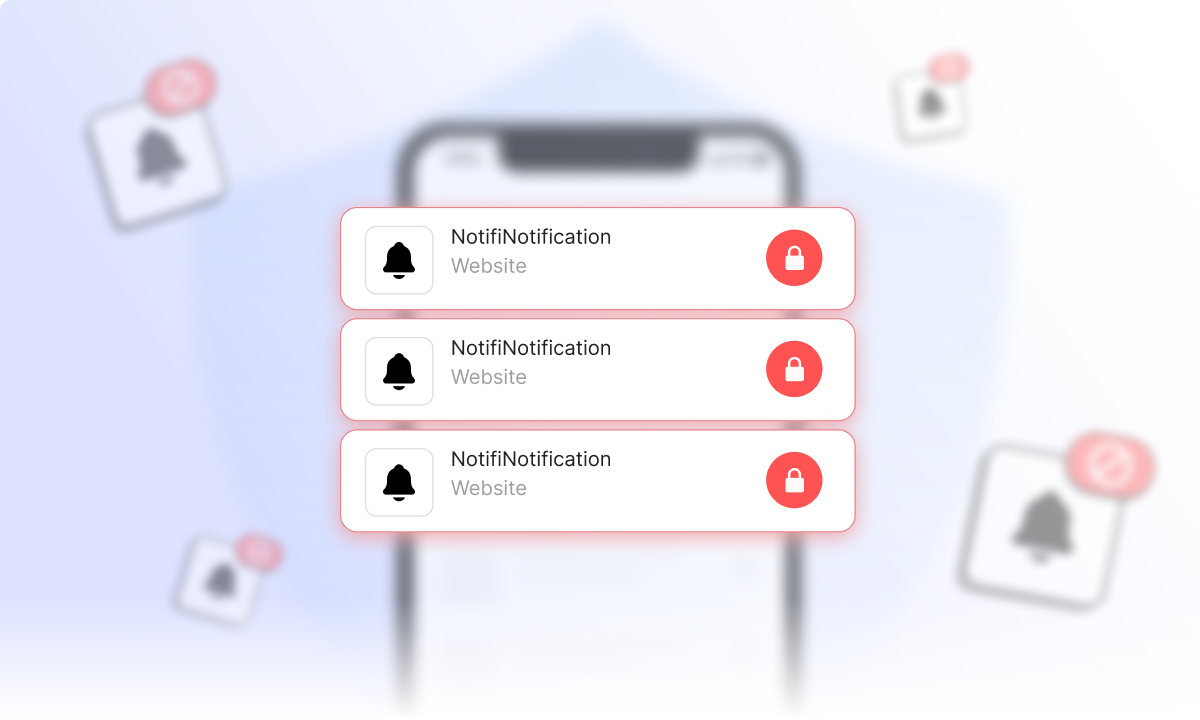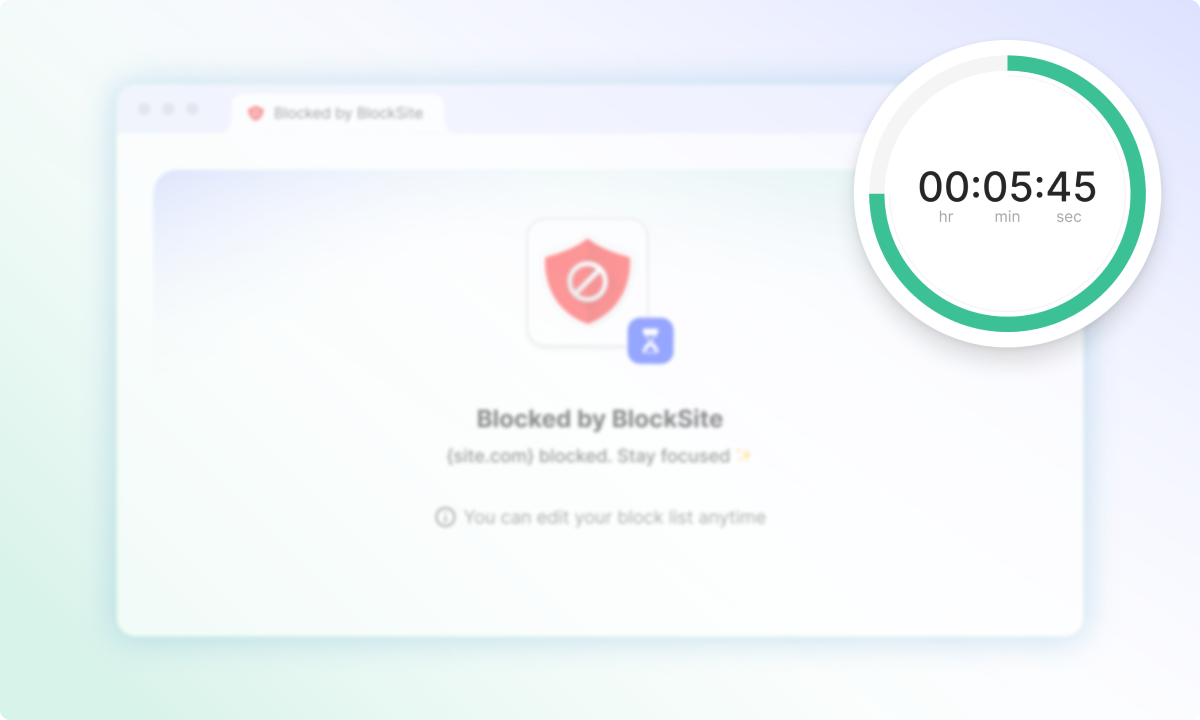You are just waking up in the morning and knowing exactly how you’re going to start your work, only to end your day not having achieved everything planned. This reality is fighting procrastination nonstop. Instead of getting things done, you could be scrolling through social media or doing some really trivial tasks at hand. This leads to missed deadlines, increased stress, and a never-ending to-do list.
More than a bad habit, procrastination is an extremely prevalent problem that is highly counterproductive and unhealthy. Based on a study conducted by Joseph Ferrari, a professor of psychology at DePaul University, it is estimated that about one in every five adults has chronic problems with procrastination, and this leads to the loss of opportunities, the development of stress, and decreased performance in most areas of life.
Many people believe that procrastination means a person is lazy or has a poor motivation to do something. The truth is that it is extremely complex in psychological behavior and has numerous sources, including emotional states and cognitive biases. For example, a person might put off starting a task either because he or she is too anxious about the result or due to feeling it is overwhelming. Overcoming procrastination requires understanding its sources and being ready to learn new habits and strategies
What is procrastination?
Procrastination simply means putting off an action or delaying it. Behavioral psychology usually attributes this to “time inconsistency,” wherein the human brain gives more value to short-term rewards compared with long-term gains. There is no concurrence between the Present Self, who wants immediate pleasure, and the Future Self, who will enjoy long-term goals.
Procrastination has been linked, irreversibly through scientific research, to self-control and the management of our emotional and impulsive selves. For instance, one might procrastinate on starting a particular activity because it would be perceived as difficult or troublesome. In the meantime, they engage in enjoyable activities like playing video games or scrolling through social media, which offers instant rewards but brings on long-term penalties. The problem is how to close the gap between short-term wishes and long-term success. It can be quite an eye-opener for most people to realize that procrastination is more of a problem with emotions than time management.
According to James Clear, one of the world’s top productivity experts, procrastination can be considered a failure of behavioral regulation: short-term mood repair via the performance of something pleasurable outweighs long-term action-associated reward in completing a task. Thus, recognizing trends in procrastination early on will at least partly let one reduce these effects.
Why do people procrastinate?
There are many factors that promote procrastination, including avoiding bad feelings, perceiving a task as monumental, or even a lack of interest in the task. Fear of failure and strongly held bad habits also play into this.
Emotional regulation and discomfort avoidance
At the heart of the reasons people procrastinate is emotional regulation. According to psychologist Tim Pychyl, if we find a task unpleasant, then it creates an urge to escape from discomfort. After some time, this cycle of discomfort and avoidance gets repeated so many times that it becomes a habit, thus solidifying further the behaviors under the brand name of “procrastination.”
This can result in a situation at work whereby employees put off starting a hard project by focusing on easier tasks; in this case, procrastination becomes a personal and organizational productivity problem.
Lack of skills or knowledge
Another critical reason for procrastination is a lack of skills or knowledge about how to do something. In such cases, especially when one does not feel well-prepared to perform a certain task, the fear of making mistakes or failing becomes huge, and hence, procrastination sets in.
For example, students who are given complex homework might feel an urge to procrastinate, just like professionals who are assigned intricate projects. This can give a roadmap to completing the task at hand, thereby making it less overwhelming, especially in breaking down these tasks into small, manageable steps.
Perfectionism and fear of failure
One of the most common causes of procrastination is setting unrealistically high standards for oneself, thus building a fear of not living up to expectations. To that effect, perfectionism and procrastination are intertwined in a vicious cycle: the higher the standards set, the greater the fear of failure, and the more one is prone to delay. Grasping this can help in setting realistic goals and deadlines heading toward gradual progress instead of overwhelming delay.
How to stop procrastination right now?
Want to start taking action? Here are some tools and tips to stop procrastinating:
Block distracting sites with BlockSite
You should block distracting sites with tools like BlockSite to sustain your focus. It aids in limiting access to social media and other distractions, so you can create a more conducive environment for productivity and reduce the temptation to procrastinate.
Granular planning and short intervals
It helps significantly to have planning at a granular level for daily and long-term tasks to actually see what lies ahead. Commit to tasks in short, short intervals; 15 minutes could make something not so overwhelming. Now, further break down tasks into smaller pieces and use the Pomodoro Technique, which involves working in 25-minute spurts with short breaks, to make big projects more manageable.
The five-minute rule
Another very effective one is to commit to doing something for five minutes. Often, the hardest part is starting, and by telling yourself you’ll only do it for five minutes, you overcome that initial resistance.
Once you’ve started, it is much easier to continue. Nowhere can this be more potent than with the really big, daunting tasks. Breaking them down into bite-sized bits makes such tasks less overwhelming and more manageable.
Temptation bundling
It may also be achieved with a little help from enjoyable activities. Called “temptation bundling,” it basically pairs a less-pleasurable task with a rewarding activity. For instance, you might do spreadsheet updating while listening to your favorite podcast, making the whole event not so daunting and more pleasurable.
Reflective thinking
Reflective thinking also creates valuable insight. Question yourself what makes you procrastinate on certain tasks. Is it because of the fear of failure, lack of skills, or mere disinterest? Knowing the answers will help you resolve the issue better. Seek more training or help if it is a problem at the level of skill. If due to fear, then break that work into small bits so that you will gradually build up the confidence to do them.
How to avoid procrastination in the future
These long-term strategies should be done religiously to avoid procrastination in the future:
Establish a consistent daily schedule
A daily routine will instill the development of habits leading to productivity. Even small things like establishing a morning routine can make an extraordinary difference in the day ahead. Consistency builds discipline and makes diverting attention less tempting.
Think habit stacking—applying a new habit onto an existing routine. This essentially means that if you happen to make your coffee every morning, then you can use that time to revisit daily tasks.
Design your future actions
Design your future actions by cleaning up your space and ridding it of any distracting elements. Invest in some ergonomic furniture in your office or working area to ensure that this physical discomfort does not become one of the reasons for the delay.
Practice accountability
You feel a sense of responsibility when you tell someone else about your goals. That can be a friend, family member, or even a professional coach. Getting regular check-ins with your accountability partner may just give you the motivational kick to keep moving in the right direction.
Transform your study time into a powerful, productive period
Procrastination is a surefire way to kill your productivity and jack up stress. Remember, the hardest step in overcoming procrastination is the first step, but once you start, the momentum follows. It’s quite easier with some realistic strategies: a structured routine, tools to stop procrastinating like BlockSite, and breaking big tasks into manageable pieces.
Now that you recognize the problems that procrastination brings, make a promise to act now. Every small step forward is a win that will bring you closer to much more control and time management. Don’t wait—your path to greater productivity begins now!
FAQs
How can technology help in improving my procrastination?
Many apps and tools have been invented or envisioned to help lower procrastination. There are time-tracking apps that log hours spent on different activities. There are apps like BlockSite, which block access to distracting sites. You also can use project management tools in order to organize tasks and set priorities by showing them visually.
Is procrastination a mental health problem?
While procrastination in itself is not a mental health disorder, it at times may be indicative of some: probably anxiety, depression, or even ADHD. More severe cases of procrastination can also exacerbate these conditions, spiraling into a difficult cycle to come out of.
Should I seek professional help for procrastination?
If procrastination is causing you a significant problem in your life and you just can’t seem to get things done, then it may be a good idea to see a mental health professional who can help you work through some of these issues. Other effective programs teach cognitive behavioral therapy (CBT) techniques that many people find are extremely helpful in dealing with procrastination and the issues that underlie it.
Do deadlines help or hinder procrastination?
Deadlines can be double-edged swords. To some, they are a throttle of activity; to others, like those prone to anxiety, deadlines raise state anxiety and can lead to increased, not reduced, procrastination. Probably the best attitude is to set realistic and flexible deadlines.
Does physical exercise reduce procrastination?
It can be the case that some physical activity will help one to overcome procrastination. Physical activity helps increase endorphins—substances fighting stress and allowing the necessary focus on work. Even the short breaks that include some kind of physical activity enhance productivity in general.






